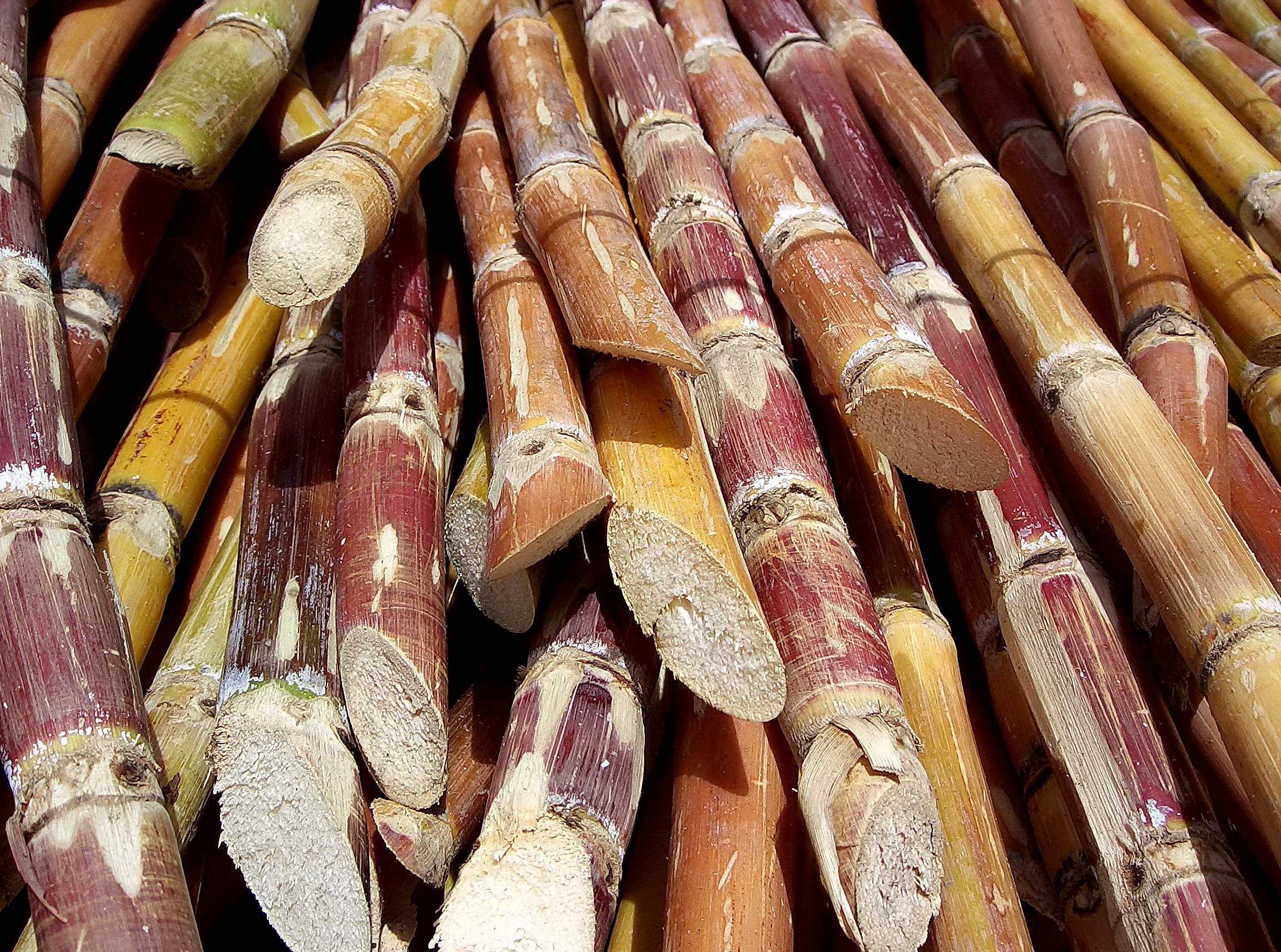Fairtrade Foundation is urging the new EU Commissioner for International Cooperation and Development not to turn his back on sugar cane farmers.
Big brands including soft drinks companies and supermarkets may profit from the fact that EU sugar prices have dropped by 30% within the last year, but the price crash puts the livelihoods of hundreds of thousands of farmers and workers in African, Caribbean and Pacific countries at risk, and is the first sign of a crisis that could push 200,000 people into poverty, warns the Fairtrade Foundation.
The not-for-profit organisation will be contacting Neven Mimica, who is due to take office as EU Commissioner for International Cooperation and Development within the next few days, to alert him to the crisis and urge him not to turn his back on sugar cane farmers and communities across the former Commonwealth and other developing nations, to whom the UK has historic obligations. The Fairtrade Foundation is also calling on UK consumers and businesses to continue buying cane sugar from the affected countries.
The dramatic drop in sugar prices took place after the European Commission released additional supplies of domestically-produced beet sugar onto the European market, and after it was confirmed that from 2017, a reform of the Common Agricultural Policy (CAP) will end the limit on the amount of domestically-produced beet sugar that can be sold in the EU. There have also been anecdotal reports that large EU sugar companies have been aggressively targeting the UK market.
When the quota on domestically-produced sugar is removed, sugar cane farmers in African, Caribbean and Pacific (ACP) countries are at risk of being squeezed out of the market. Many of these farming communities have been supplying sugar to the UK for more than 50 years and are heavily reliant on EU sugar exports for income.
Although the EU predicted the hardship that could arise as a result of the CAP reform, and put in place a transitional fund to help sugar farmers and workers become more competitive or diversify into other crops, the price crash came much earlier than anticipated and before the fund had been fully distributed. Last year, DEFRA acknowledged that the impact of the aid package was “unlikely to be felt by 2017”, and an interim report commissioned by the EU suggests that aid distributed so far has had questionable results. Fairtrade will be calling on Neven Mimica to urgently conduct a review of the EU aid package and identify what more can be done to alleviate the impact on sugar cane farmers.
Jon Walker, Sugar Product Manager at the Fairtrade Foundation, said: “In countries such as Belize, Guyana, Fiji, Malawi, Swaziland and Zambia, among others, there are few other options for farmers who have relied on exporting sugar to the EU. If these farmers are squeezed out of the EU market and not given additional support to boost their productivity or diversify into other crops, as many as 200,000 people could be pushed into poverty and we simply cannot let that happen. The Fairtrade Foundation has been lobbying on this issue for some time, and we continue to work with and on behalf of small scale sugar cane farmers and their communities to call for fair market access for their goods to the UK and EU.”
Fairtrade currently works with 62,000 smallholder sugar cane farmers in 19 countries, to help them secure a fair deal and a more sustainable future. Through Fairtrade certification, sugar farmers are supported to develop democratically-run farmers’ associations and for every tonne of sugar they sell on Fairtrade terms, they earn a $60 premium to invest in productivity improvements or social projects of their choice, such as schools, new roads or clean drinking water. In Malawi, investment of the premium has improved food security for cane farmers while in Belize, investment of premiums has improved production by 30%.
Fairtrade sugar is currently stocked by major retailers including the Co-operative, Morrisons, Sainsbury’s, Tesco and Waitrose, and over £5.8 million in Fairtrade premiums was earned by Fairtrade-certified sugar cane farmers last year as a result of British consumers and companies choosing Fairtrade sugar. But less than 1% of the world’s cane sugar is currently sold on Fairtrade terms.
“We urge consumers and businesses in the UK to choose Fairtrade sugar, even if the alternative could save them a couple of pence a bag, as we know that by making this simple choice they can make a significant difference to the lives of farmers and their communities in the developing world.” Walker added.
FAIRTRADE FOUNDATION – Sugar price crash could push 200k people into poverty
















